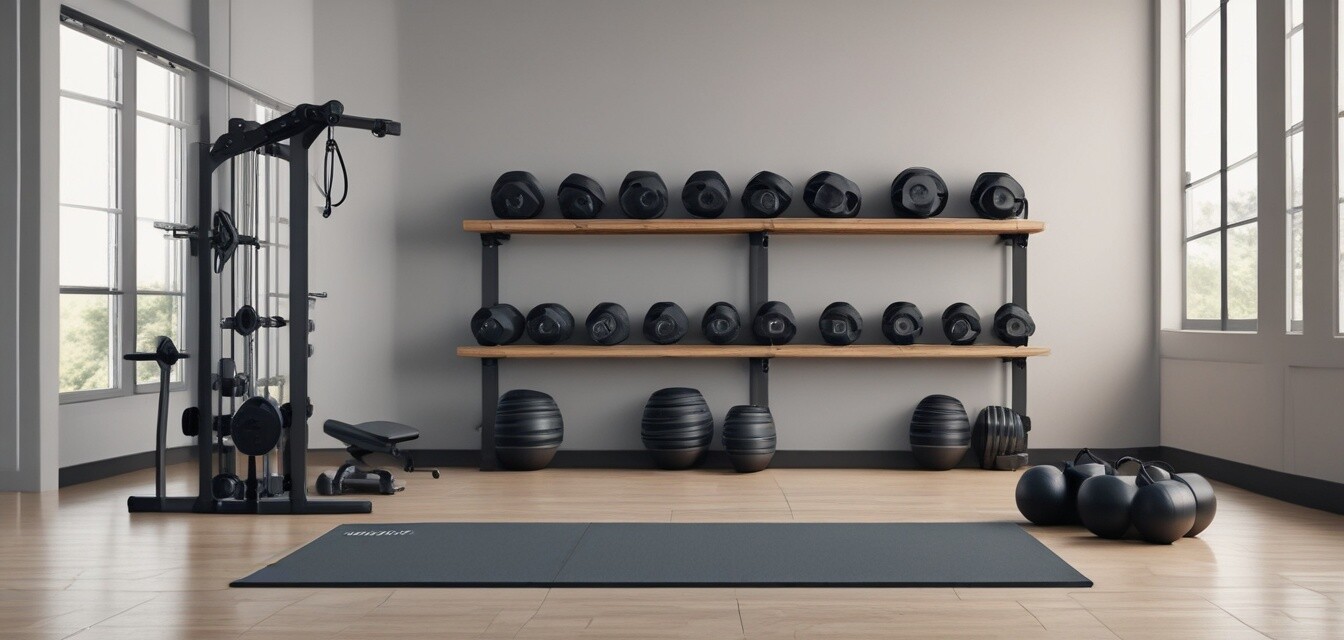
Strategies for overcoming workout plateaus
Key takeaways
- Identifying plateaus is the first step for improvement.
- Incorporate variety in your workouts to challenge your body.
- Ensure proper nutrition and recovery to facilitate progress.
- Consider consult a fitness professional for personalized advice.
- Stay consistent and patient through the plateau phases.
If you’ve been consistently hitting the gym, you know that the journey toward fitness is not always steady. Eventually, most people will encounter a workout plateau—a frustrating period when progress seems to halt. Understanding how to identify and address these plateaus is crucial for maintaining motivation and achieving your fitness goals. In this article, we’ll explore various strategies to overcome workout plateaus effectively.
Understanding workout plateaus
A workout plateau occurs when your body stops making progress or adapting to your current exercise routine. This phenomenon can happen for several reasons:
- Adaptation: Your body becomes accustomed to the same workouts.
- Insufficient nutrition: Lack of proper fuel can hinder progress.
- Overtraining: Excessive training without adequate recovery can lead to stagnation.
Identifying a workout plateau
The first step to overcoming a plateau is recognizing the signs. Here are some common indicators:
- Difficulty completing previous workout challenges.
- Stagnated weight loss or muscle gain.
- Feeling fatigued or unmotivated to work out.
Strategies to break through plateaus
Beginner tips
- Change your workout routine: Incorporate different exercises or equipment to challenge your body.
- Increase workout intensity: Add weights, increase reps, or shorten rest periods to enhance the effort.
- Cross-train: Engage in additional forms of exercise like swimming, cycling, or yoga.
Advanced strategies
If you're more experienced, consider the following approaches:
- Periodization: Cycle between phases of high intensity, moderate intensity, and recovery periods.
- Progressive overload: Gradually increase the weight, reps, or time spent on exercises.
- Deloading: Lower training volume for a week to allow recovery before ramping up intensity again.
Nutrition and recovery
What you eat and how you recover can significantly influence your progress. Consider these aspects:
| Aspect | Advice |
|---|---|
| Nutrition | Focus on protein-rich foods and adequate hydration. |
| Sleep | Aim for 7-9 hours of quality sleep each night. |
| Rest days | Incorporate rest days to allow muscles to recover. |
Consider professional guidance
If you're unsure of how to proceed or feel stuck, consulting a fitness professional can provide additional insights. They can offer personalized advice tailored to your specific needs and goals. Consider visiting our Tips and Advice section for more information related to fitness strategies.
Keep a positive mindset
Encountering plateaus is a natural part of any fitness journey. Maintaining a positive attitude is key to overcoming these hurdles. Remember that progress takes time and patience.
Celebrate small victories
Do not wait until you reach your ultimate goal to celebrate. Recognize small milestones along the way to keep your motivation high. Some ideas include:
- Recognizing consistent attendance at the gym.
- Tracking improvements in workout performance.
- Celebrating increased confidence in your abilities.
Pros
- Increases motivation and keeps workouts interesting.
- Improves overall fitness through varied routines.
- Enhances knowledge and skills related to fitness.
Cons
- Changing routines may require more planning and resources.
- Overtraining risks can increase with advanced strategies.
- Requires discipline to overcome mental barriers.
Conclusion
Workout plateaus can be frustrating, but they are also an opportunity for growth and learning. By implementing the strategies and tips outlined in this article, you can overcome these challenges and continue making progress toward your fitness goals. Remember to stay consistent, be patient, and consider professional guidance if needed. For more tips on enhancing your fitness journey, explore our Buying Guides section for valuable resources.